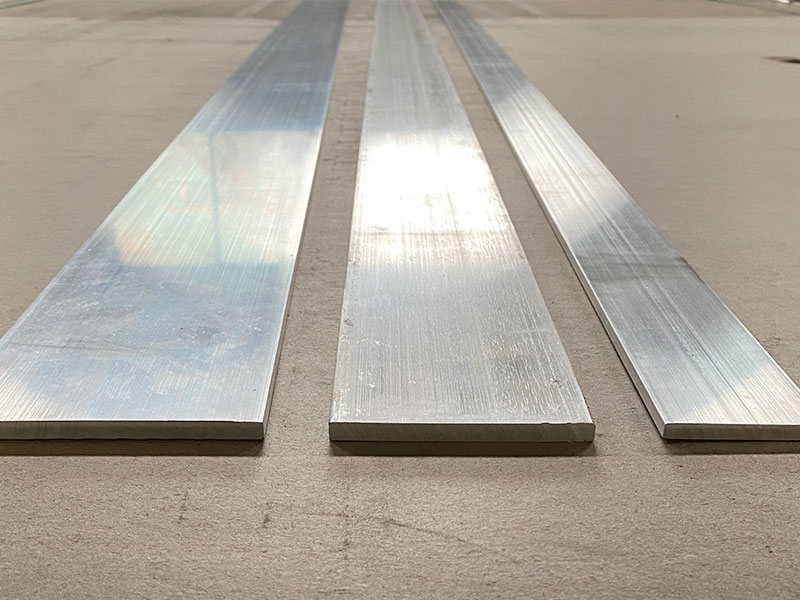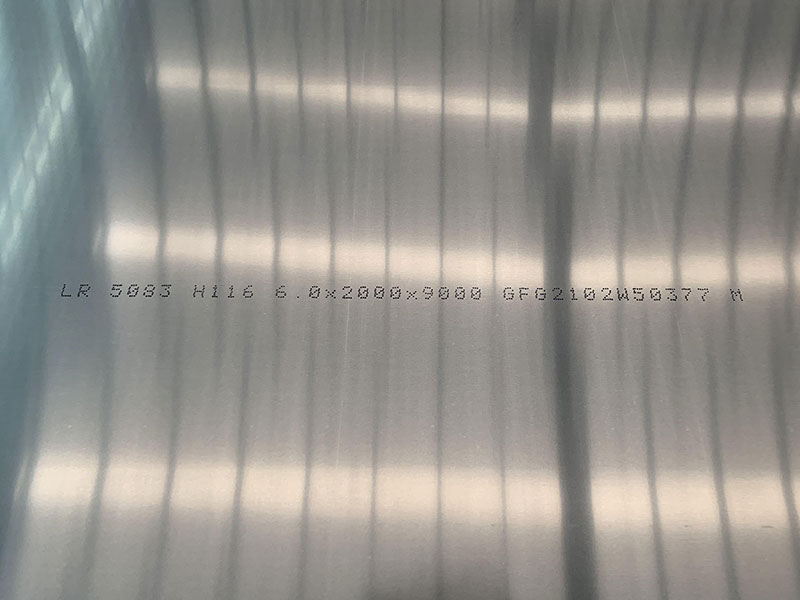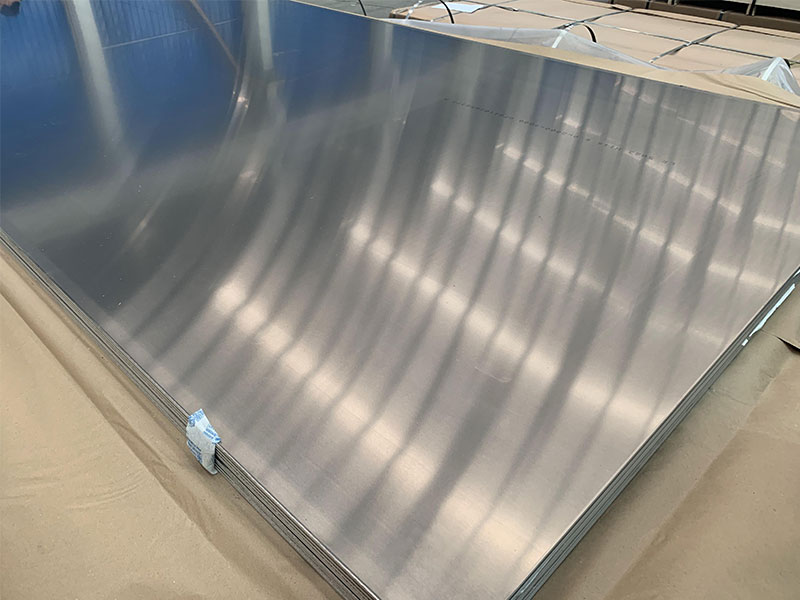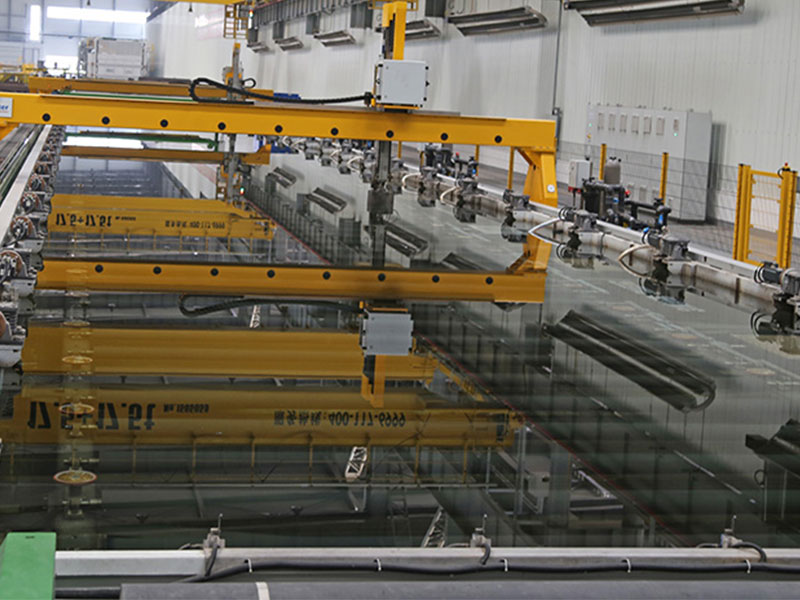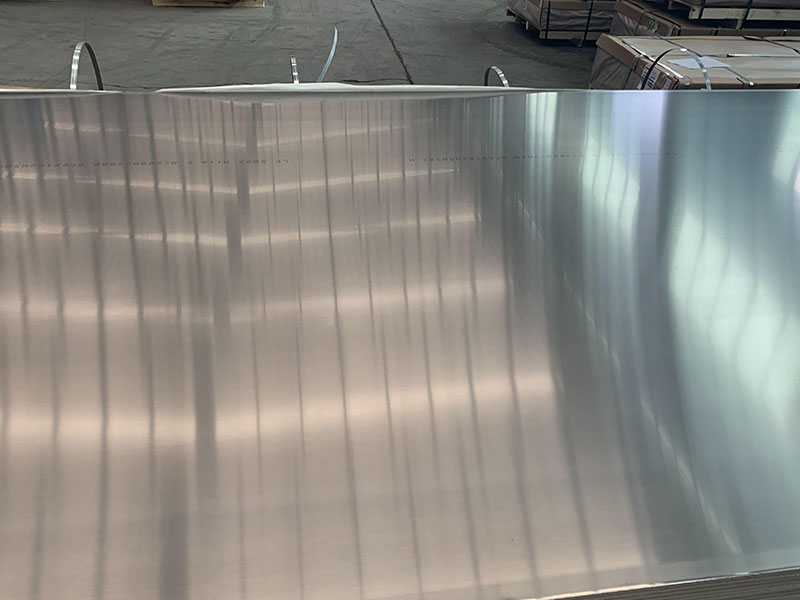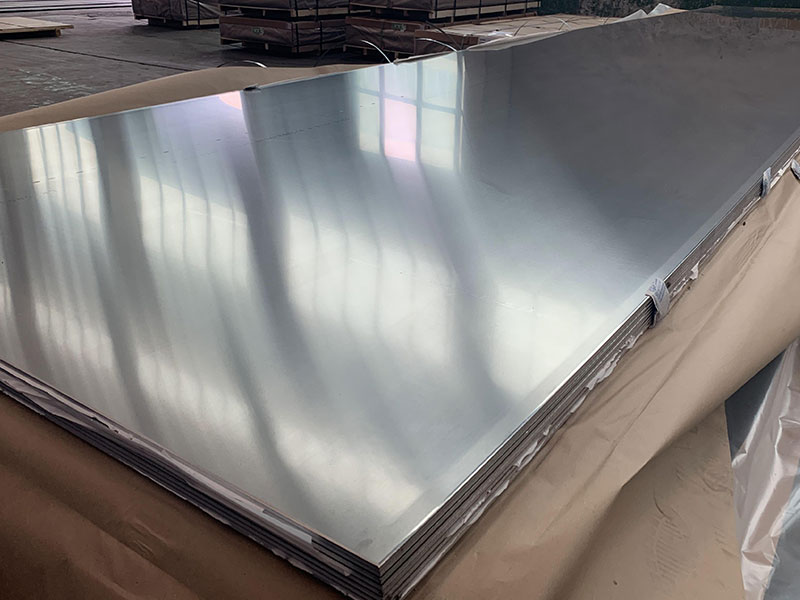Boat aluminum sheet 5mm
Boat Aluminum Sheet 5mm: The Unsung Hero of Marine Crafting
When it comes to building a reliable, durable, and lightweight boat, the materials you choose play a crucial role in performance and longevity. Among these materials, the humble boat aluminum sheet at 5mm thickness stands out as a compelling choice — not just for its strength but also for its versatility and unique adaptability to marine environments.
Why 5mm Aluminum Sheet?
At first glance, selecting a 5mm thick aluminum sheet may seem arbitrary—too thick for small boats, yet too thin for heavy-duty ships. However, 5mm hits a remarkable sweet spot in boat construction for a multitude of reasons:
Working with 5mm boat aluminum sheet is a constant balancing act between strength and workability. While its thickness offers significant advantages in resisting dents and flexing, particularly in demanding marine environments, the increased material density presents challenges during fabrication. We find that processes like bending require more powerful machinery and careful planning to avoid cracking or deformation. Furthermore, the thicker gauge necessitates more precise cutting and welding techniques to ensure a clean, watertight finish. Experience has shown us that pre-bending and using specialized tooling for forming complex shapes is crucial to prevent costly rework and material waste. We often see issues arise with improperly sized tooling leading to uneven bends or stress concentrations, especially around corners or curves.
Beyond fabrication challenges, the specific alloy of the 5mm sheet plays a crucial role in its long-term performance. We've learned that 5083-H112 alloy, for instance, is a popular choice due to its excellent corrosion resistance and weldability, making it ideal for saltwater exposure. However, even with a high-quality alloy, meticulous surface preparation before painting or coating is paramount to prevent galvanic corrosion, particularly when joining it with other metals. Improper surface treatment can lead to premature degradation and significantly shorten the lifespan of the boat component. Our experience emphasizes the importance of detailed material selection, pre-fabrication planning, and precise execution to leverage the strength and durability of 5mm boat aluminum sheet while mitigating potential issues.
Optimized Strength-to-Weight Ratio: Aluminum is naturally lightweight but robust. With a 5-millimeter thickness, the sheet gives ample strength to withstand everyday wear, wave impacts, and occasional rough handling without adding unnecessary weight that could slow the vessel or increase fuel consumption.
Corrosion Resistance: The marine environment is harsh. Saltwater promotes fast corrosion in metals, but aluminum’s natural oxide layer acts like a shield, especially with 5mm thickness where there’s a bit more buffer before structural compromise. This thickness level offers a great balance of durability and maintenance ease.
Welding & Fabrication Ease: Boat builders appreciate materials that can be formed without too much effort while preserving structural integrity. The 5mm sheets offer high weldability, enabling smoother joins and minimizing weak points—crucial in complex hull shapes.
Technical Insights from a Boatbuilder’s Lens
Let’s take a closer, more technical look at why 5mm aluminum is preferred in the marine industry:
Material Grade Variations: Most marine aluminum sheets fall under the 5XXX series alloys (like 5083 or 5052). These alloys combine magnesium to enhance strength and corrosion resistance—a necessity under aquatic conditions. Choosing 5mm mule-tough alloy 5083 ensures the hull can forage through waves and last season after season.
Thermal Expansion: Aluminum expands and contracts with temperature shifts. By opting for a modest 5mm thickness versus thinner options, naval architects limit the risks of warping, improving hull integrity over reacting to daily temperature swings in varied aquatic environments.
Rigidity and Stiffness: While thickness can translate directly to resistance against dents or flexing, marine engineers utilize 5mm flat sheets precisely because they can work with structural framing designs that enable precise hull stiffness without excessive tooling costs.
Real-World Applications
Fishing Boats: Opting for 5mm aluminum sheets makes small to mid-sized fishing vessels sufficient tough to endure coastal trips laden with gear and exposure to rough conditions without compromised performance or safety.
Naval Tenders & Youth Cruisers: These direct-contact craft require alloys that strike a balance between agility and resilience—made perfect via the 5mm plating.
Custom Yacht Innovations: More sophisticated designs rely on the ability of the builder to shape aluminum sheets while keeping the strength necessary to resist both environmental stress and frequent handling.
https://www.aluminumplate.net/a/boat-aluminum-sheet-5mm.html


